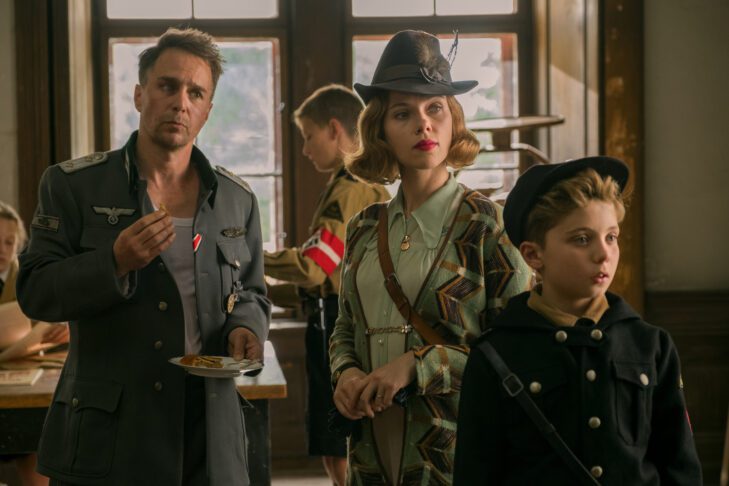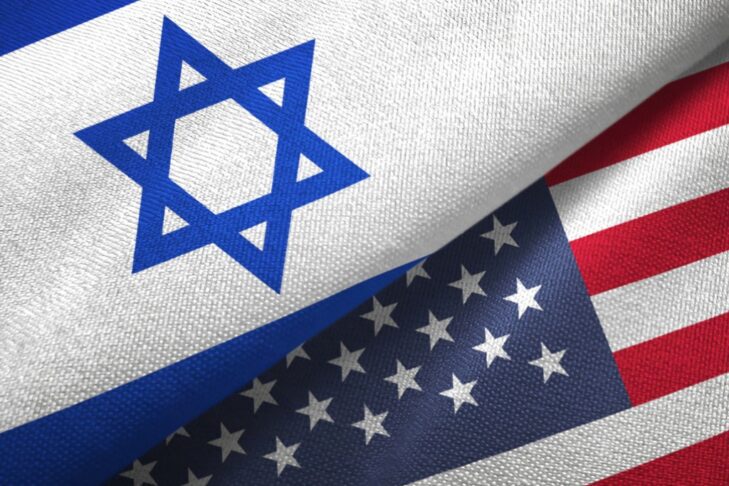By Rich Tenorio
At a hotel in the White Mountains, a man arrives to check in for his honeymoon stay. When he identifies as Jewish and asks if there is a policy against Jewish guests, he is told there is suddenly no vacancy, recommended to go to another hotel and ushered out the door. This is a scene from “Gentleman’s Agreement,” a 1947 Gregory Peck feature film about antisemitism that marks its 75th anniversary this year. It’s also one of 10 films spotlighted by experts as among the most significant to address antisemitism. Here’s the list—watch one, or more!
“Gentleman’s Agreement” (1947)
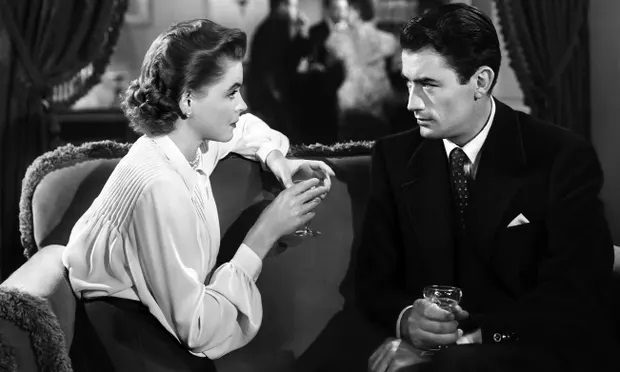
This film won the Academy Award for best picture. Peck stars as Schuyler Green, a journalist whose first assignment for a magazine is to write an exposé on antisemitism. Green, who is Christian, makes a daring decision: He will assume the identity of a Jew. Peck’s character makes a series of shattering discoveries about antisemitism in America—including “gentleman’s agreements” prohibiting Jews at hotels.
“[The film] reinforces the idea that antisemitism is un-American—good Americans, real Americans, nice people are not meant to have that sort of [antisemitic] viewpoint,” said Samantha Pickette, assistant director of the Schusterman Center for Jewish Studies at the University of Texas at Austin, who received her Ph.D. from Boston University.
Overall, “‘Gentleman’s Agreement’ really reflects this moment in American culture in the immediate post-war years,” she said. “This kind of reckoning with the fact that antisemitism had been and was still rampant within the U.S. There was a cognitive dissonance around the fact that the antisemitism that existed in American society was essentially the same kind of antisemitism at the root of what had just happened in Nazi Germany. It was difficult for post-war Americans to accept that they could be anything like Nazis.”
“Crossfire” (1947)
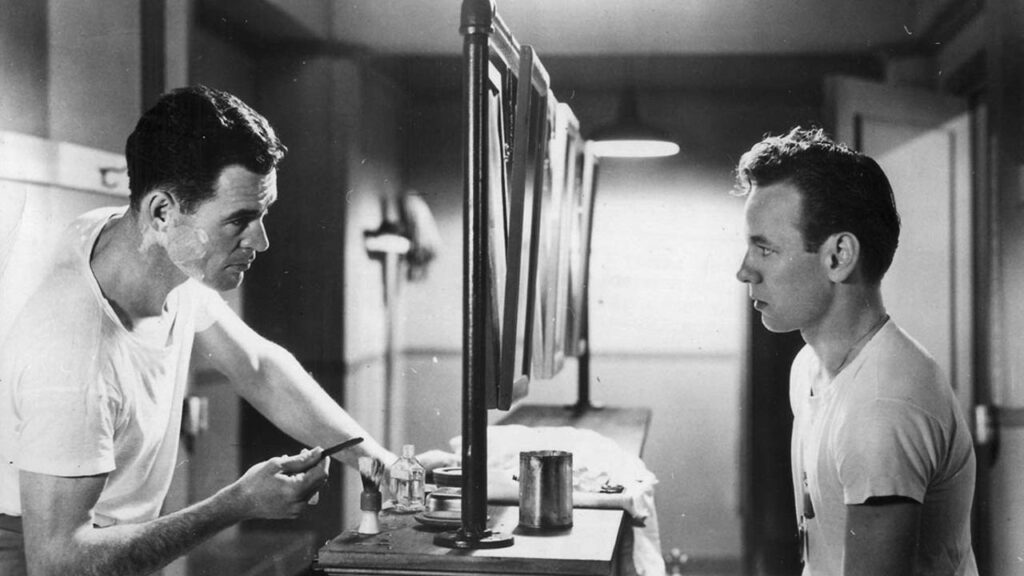
Centering on a murder case with antisemitism as a motive, this film features Robert Young and Robert Mitchum. Like “Gentleman’s Agreement,” “Crossfire” marks its 75th anniversary this year. Pickette describes both as “probably the most well-known” films about antisemitism.
“When you look back at films that have come out either addressing antisemitism or at least including scenes related to antisemitism, they should be included,” she said.
“School Ties” (1992)
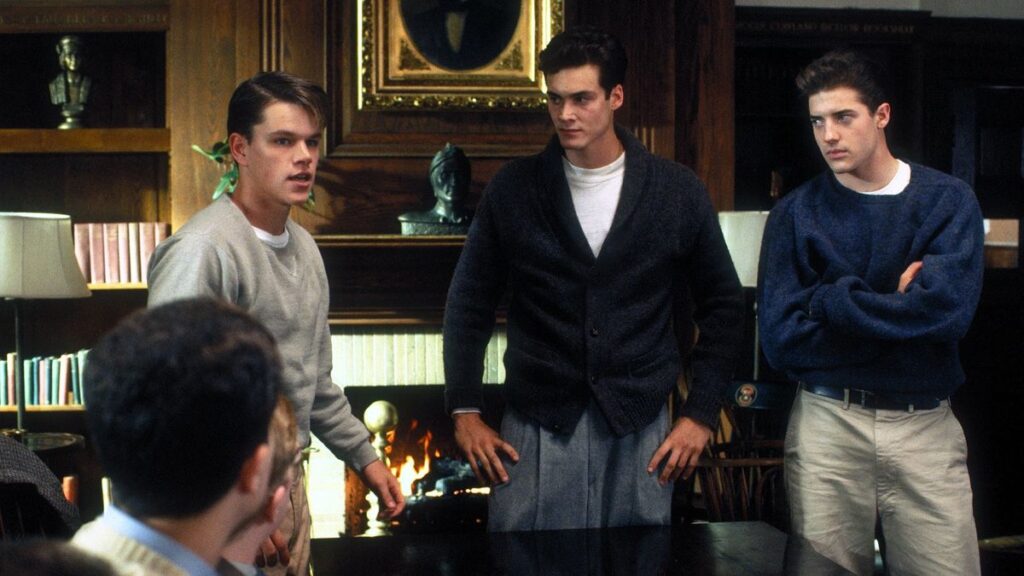
Set in a fictitious, upper-crust New England prep school during the 1950s, this film stars Brendan Fraser as David, a working-class Jewish student-athlete who conceals his faith. He excels on the football team and dates a debutante, but things worsen dramatically after his identity is revealed.
Noted Pickette: “There’s a bit of a triumph in encouraging audiences to put themselves in the shoes of somebody who’s Jewish and experiencing these things. It sort of encourages audiences to be a little bit more empathic.”
The actors portraying David’s tormentors include two men from Cambridge who went on to Hollywood stardom—Matt Damon and Ben Affleck. CJP president Rabbi Marc Baker had a bit role, and last year appeared on a panel when the Boston Jewish Film Festival screened it. Joey Katz, director of special programming for Boston Jewish Film, said they discussed how the film, specifically antisemitism in schools, is still relevant today.
“Denial” (2016)
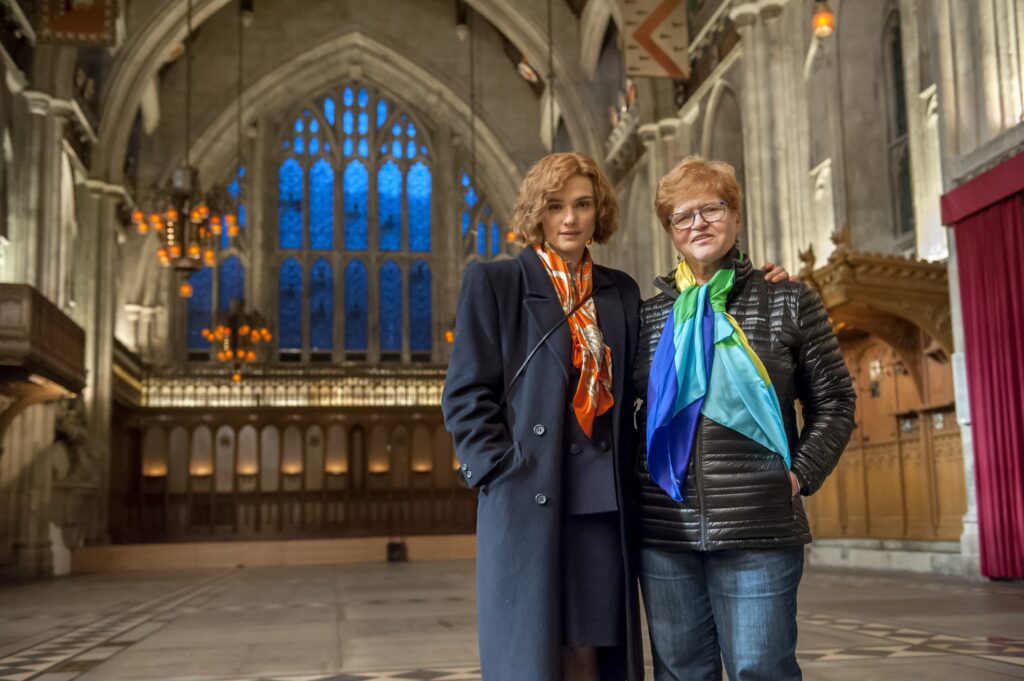
Rachel Weisz stars as Deborah Lipstadt, current U.S. special envoy for monitoring and combating antisemitism. The film centers on an earlier moment from Lipstadt’s career—the 1996 trial that ensued when Holocaust denier David Irving sued her for libel in the U.K.
John Michalczyk, director of the film studies program at Boston College and a documentarian with extensive experience in making films about the Holocaust, described “Denial” as “a very popular film, very well-acted.”
“Mr. Skeffington” (1944)
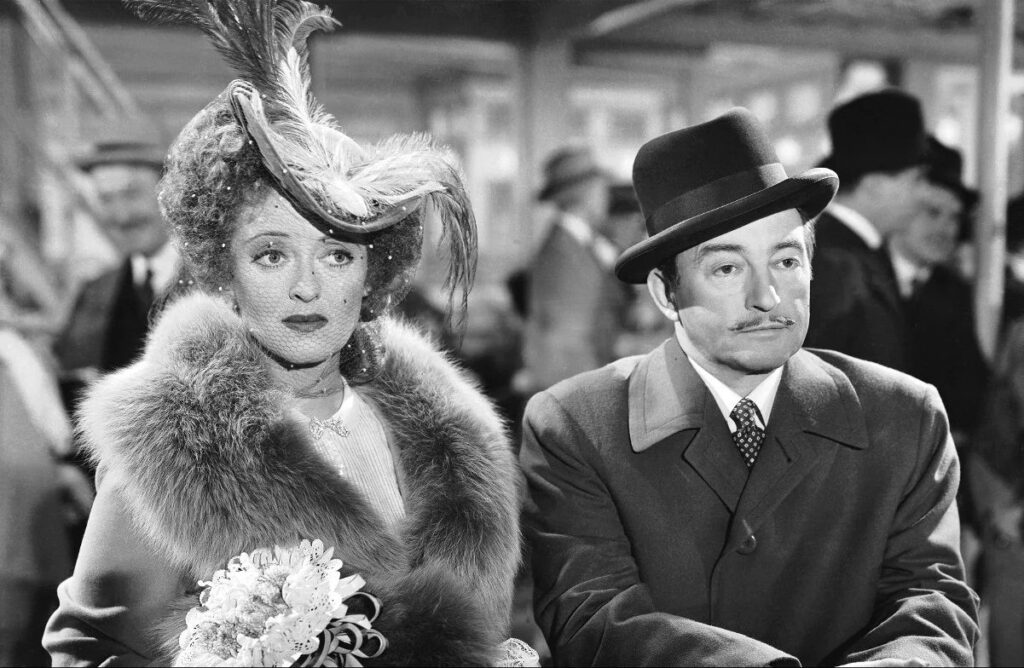
Leslie Epstein, former head of the creative writing program at Boston University, has a family connection to this film: Its co-writers and co-producers were Philip and Julius Epstein—his father and uncle, respectively. (Bostonians celebrate another member of the family—her son Theo, who in 2004 was the general manager of the Red Sox when they won the World Series for the first time in 86 years.)
Back in 1942, Philip and Julius Epstein won the Academy Award for best screenplay for “Casablanca.” Two years later, they courageously made a film that addressed antisemitism, starring Bette Davis and Claude Rains. According to Leslie Epstein, his father and uncle not only tackled the issue at a time when Hollywood was reluctant to do so, they actually used the word “Jewish” in the film—a rarity during those years. “There was tremendous cowardice in the American and Jewish film community shown all through World War II, before and after—‘Don’t make waves, don’t make it a Jewish war.’”
Asked how his father and uncle were able to defy this, he replied: “They were able to do ‘Mr. Skeffington’ because they were the producers. They were not just schmucks with typewriters, and because they were the producers, they had some leeway.”
“Jojo Rabbit” (2019)
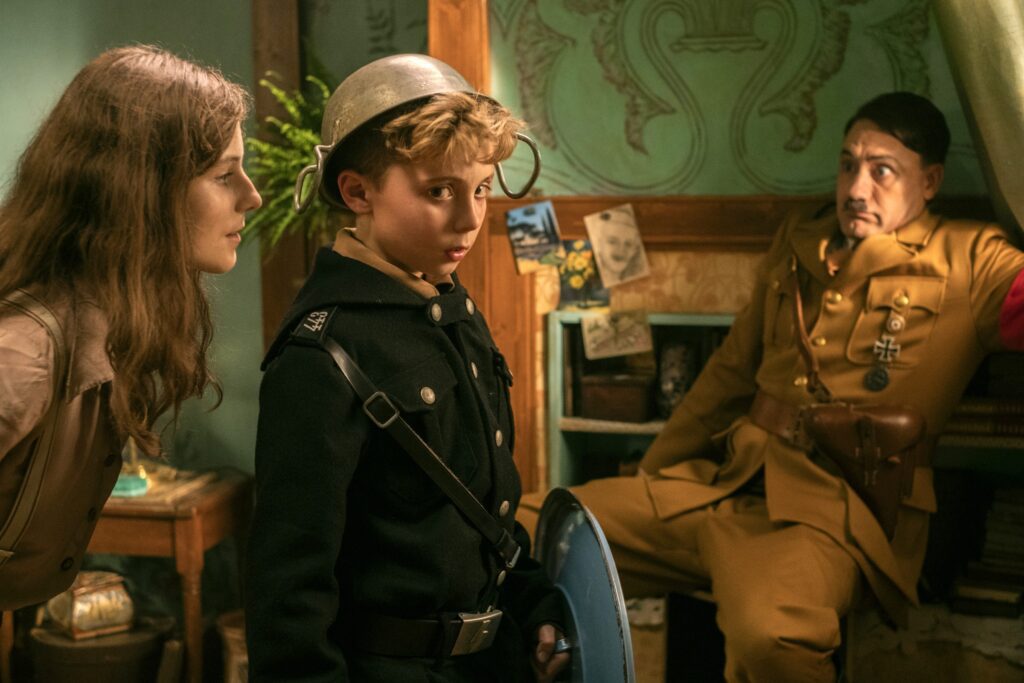
Taika Waititi not only directed this film, he won the Oscar for best adapted screenplay and appeared as Adolf Hitler. Waititi’s Hitler is the imaginary friend of a young boy named Jojo growing up in Nazi Germany. Initially a proud member of the Hitler Youth, Jojo becomes more sensitive to the plight of the Jews—first through his mother, Rosie (Scarlett Johansson), and then from Elsa, the Jewish girl Rosie hides in their home.
At Boston College, Michalczyk includes “Jojo Rabbit” in a course he teaches on film and art in the Third Reich.
“Chariots of Fire” (1981)
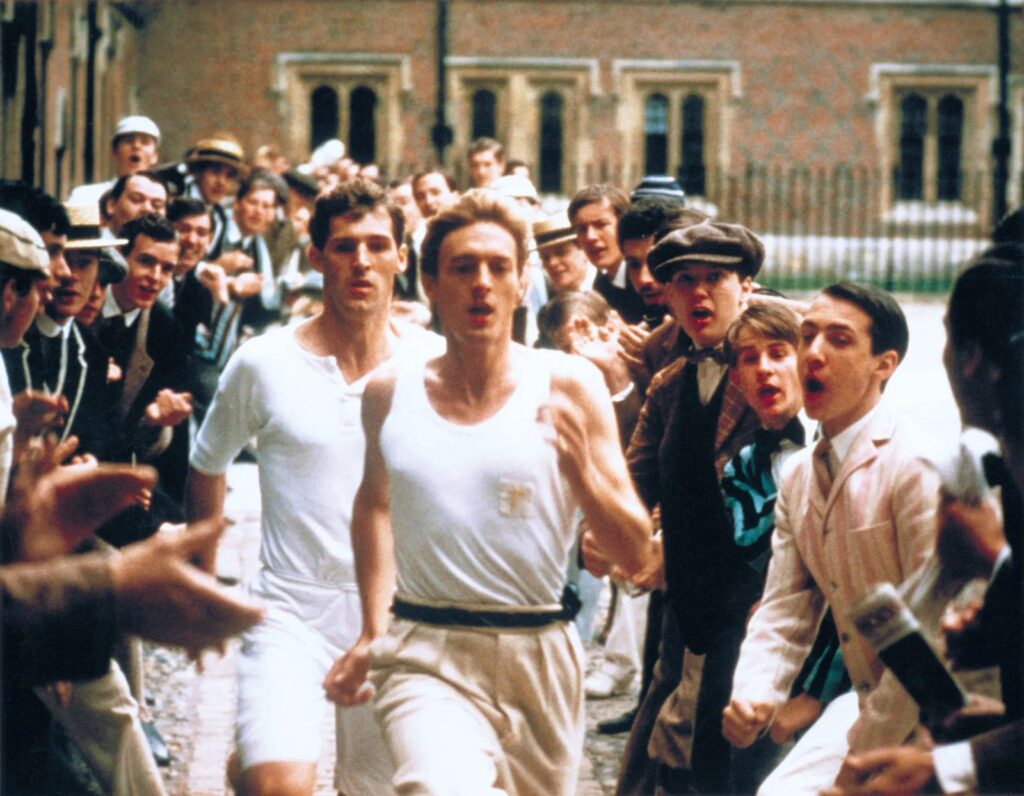
Known for its stirring instrumental theme, this British film won the Oscar for best picture, best screenplay, best costume design and best original score. It dramatizes the real-life friendship between two U.K. track and field stars—Harold Abrahams, a Jew, and Eric Liddell, a Protestant missionary—and their memorable performances in the 1924 Summer Olympics. Played by Ben Cross, Abrahams is a student at Cambridge University, where his faith is the subject of some questionable comments from administrators. Overall, Michalczyk finds the film both powerful and positive.
“Isaac” (2019)
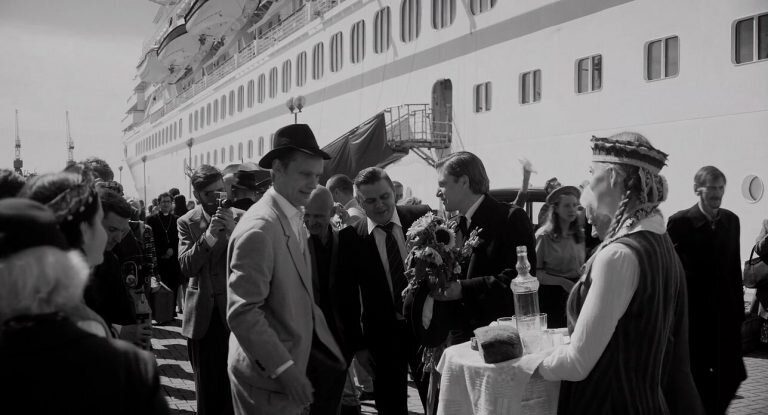
This Lithuanian film addresses the massacres of Jews in World War II in what was then a Soviet socialist republic—and to what extent the local population was involved. Katz, of Boston Jewish Film, said “Isaac” has “kind of a different angle on antisemitism.”
“Basically, it’s about this person who took part in a pogrom in Lithuania in the early 1940s, and then it’s kind of him coming to terms with what he’s done. He becomes a film director in the Soviet Union and guilt starts to take over. He incorporates it into his films and he writes his films about it.”
“Witness Theater” (2018)
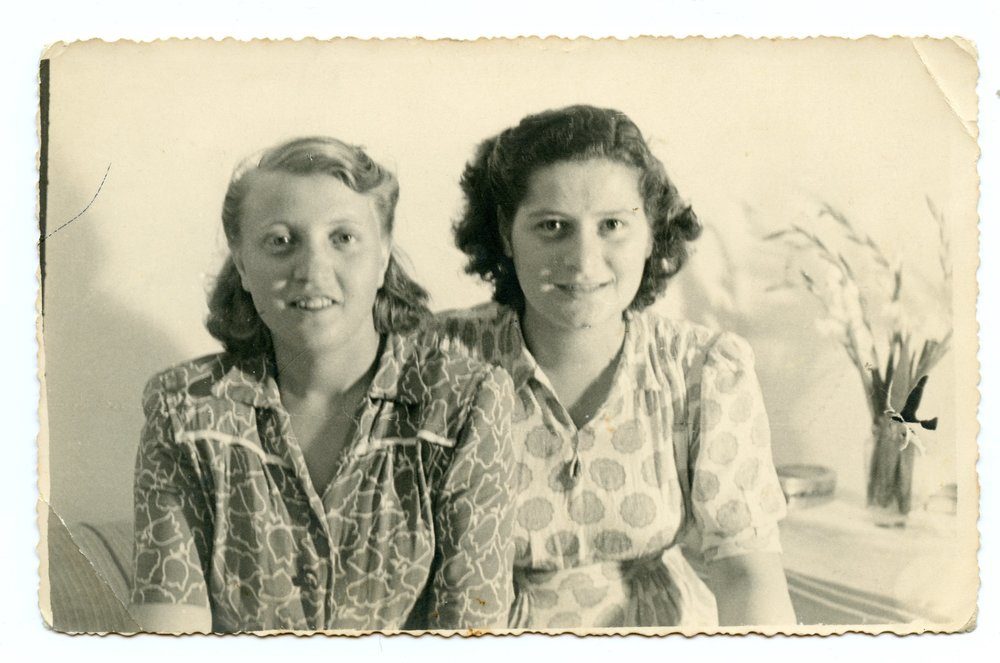
This documentary by Oren Rudavsky takes its name from a program in which Holocaust survivors create dramatic productions about their lives, in partnership with high school students.
“I think it’s a fantastic documentary,” Katz said, noting that the survivors are “telling the stories of antisemitism, their experiences [and] making those connections to students, informing them.”
“American History X” (1998)
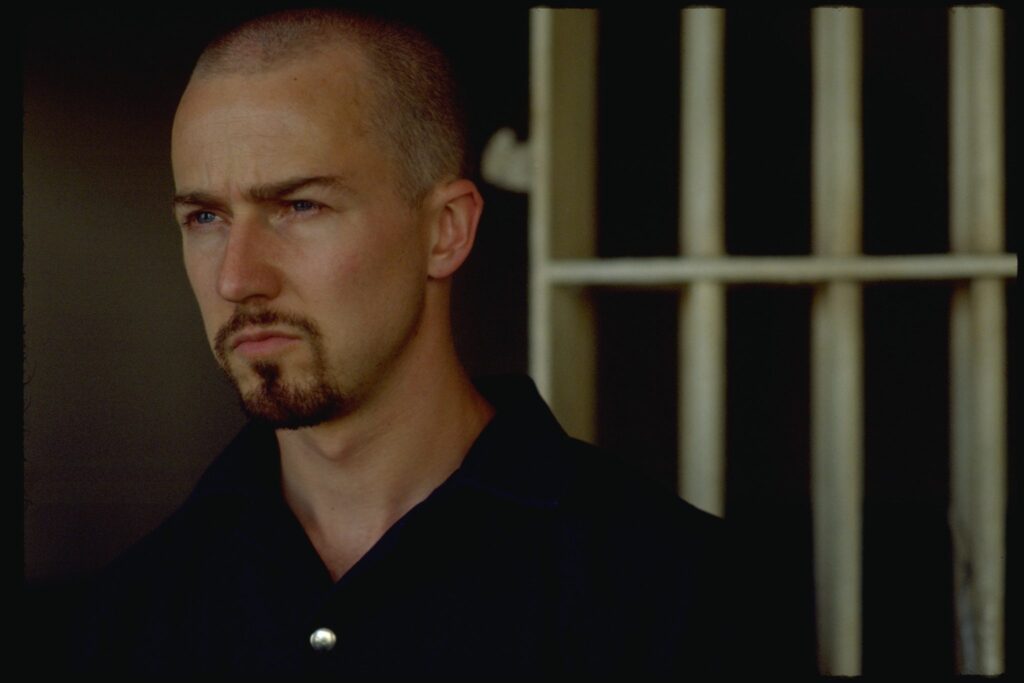
Edward Norton and Edward Furlong take top billing as a pair of neo-Nazi, white-supremacist skinhead brothers from Los Angeles.
“It’s a very disturbing film,” Pickette said. “Also, it’s an important film to watch. It really makes you uncomfortable. It’s supposed to make you uncomfortable. It confronts the fact that this kind of bigotry exists in our society. It’s the same thing in today’s day and age, when antisemitism is on the rise with all sorts of different kinds of bigotry and racism.”
Other films about antisemitism to add to your watch list:
- “The City Without Jews” (1924)
- “The Jazz Singer” (1927)
- “Abie’s Irish Rose” (1928)
- “The Rules of the Game” (1939)
- “The Stranger” (1946)
- “Rope” (1948)
- “Jules and Jim” (1962)
- “The Pawnbroker” (1964)
- “Betrayed” (1988)
- “Music Box” (1989)
- “Driving Miss Daisy” (1989)
- “The Believer” (2001)
- “Amen” (2002)
- “Constantine’s Sword” (2007)
- “BlacKkKlansman” (2018)
- “Masel Tov Cocktail” (short film, 2020)
Rich Tenorio covers antisemitism news for JewishBoston.com. His work has appeared in international, national, regional and local media outlets. He is a graduate of Harvard College and the Columbia University Graduate School of Journalism. He is also a cartoonist. Email him at rich@jewishboston.com.

